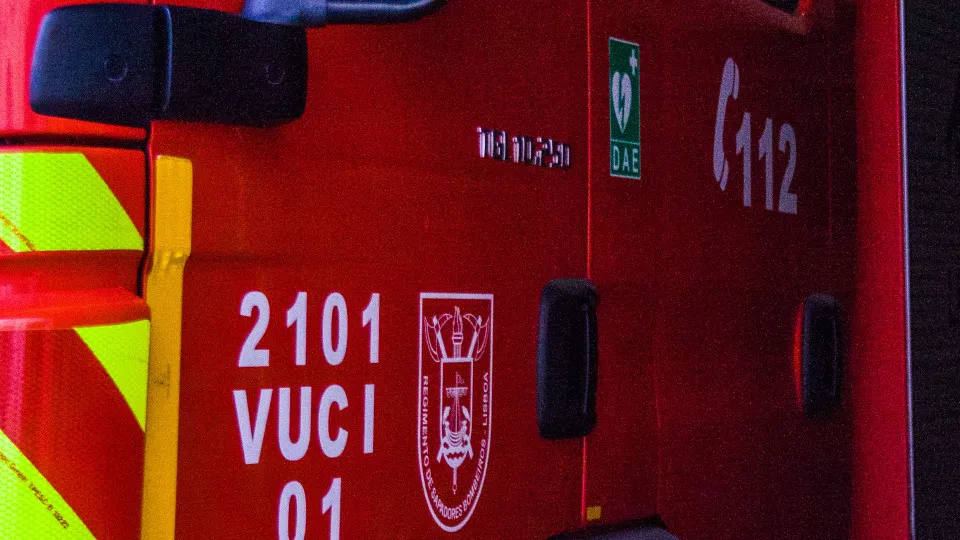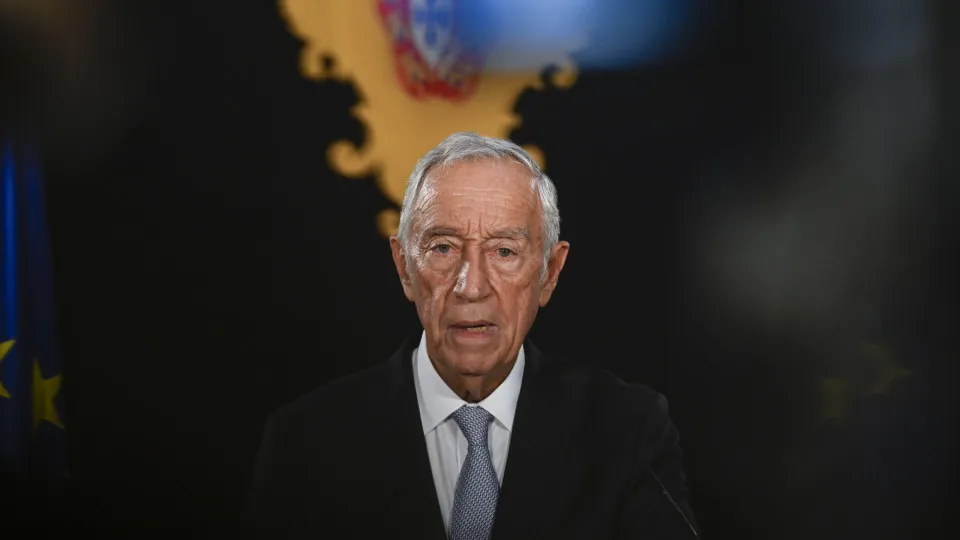
“Solidarity is not an act of charity, but rather a help among forces fighting for the same goal” and “Portugal must be anti-racist” were some of the messages displayed on signs and banners during the second Grandi Marxa Cabral, which began at the Marquês de Pombal roundabout.
With a delay of nearly two hours—the start was scheduled for 2:30 PM, but participants began descending Avenida da Liberdade by 4:00 PM—this initiative by the Konferénsia Panafrikanu di Lisboa (Pan-African Conference of Lisbon) was themed “Di Povu pa Povu: Liberation, Dignity, Popular Sovereignty,” as heard in the various chants along the avenue connecting the Marquês de Pombal roundabout to the Restauradores Square.
Among the participants of this Grandi Marxa Cabral was a young man wearing a súmbia, the hat that Amílcar Cabral also wore. For Kumpaku Bua Pogha, “Amílcar Cabral is internationalism, the fight against oppression and exploitation, freedom, the fight against racism, against xenophobia, the emancipation of the people of Guinea, Cape Verde, Africa, and the world.”
Cabral “transcends the borders” of the countries that gained their independence 50 years ago—Cape Verde, Guinea-Bissau, São Tomé and Príncipe, Angola, and Mozambique, stated Kumpaku Bua Pogha, adding that being on Avenida da Liberdade today means “writing Amílcar Cabral in Portugal.”
However, a concern pointed out by the protesters is the lack of awareness about Amílcar Cabral, which Graciete Borges, another march participant and organizer, explained: “I was born in Portugal, but at school, I never heard [of Amílcar Cabral], so for me, it’s been a discovery and it is crucial to bring this figure of African liberation to the new generations as well.”
For Graciete Borges, showcasing who Amílcar Cabral was is also a major goal of this march. “It is up to us, the younger generations, to continue what was the liberation struggle,” she said.
Similarly, Sumaila Jaló from the Casa da Cultura da Guiné-Bissau emphasized the need to continue the fight started by Amílcar Cabral, not forgetting the peoples of Palestine and Sudan. “We are continuators of this long struggle that started in the woods of all these countries and in urban areas too.”
Catarina Martins, MEP from the Left Bloc and presidential candidate, was present at the start of the march, describing Amílcar Cabral as “one of the architects of the April 25th revolution.”
“It’s important to know the enormous contribution he made to the idea of the fight for democracy, in Portugal and in the occupied countries,” stated the Belém candidate, recalling a phrase by Amílcar Cabral: “My fight is not against the Portuguese, we are all fighting against the fascism oppressing all peoples.”
Catarina Martins further emphasized that in a time of “dangers,” it is important not to forget the “beautiful things, of people who have begun to have a voice and are showing how we can think differently and celebrate our history at its best, without leaving anyone behind.”
As the march drew to a close, similar to last year, the “Second Pan-Africanist Declaration of Lisbon – Cabral Sempre!” was read, noting that besides celebrating the 50th anniversary of the independence of Portugal’s former colonies, it is also the centenary of the birth of Frantz Fanon, psychiatrist, pan-African philosopher, pioneer of post-colonial studies, and symbol of Algerian independence.
“The recognition and concrete inclusion of the figure of Amílcar Cabral and the African liberation movements in the memory and history of Portugal’s democratization, in school manuals, in commemorative dates, monuments, and political speeches are ways to repair the country’s history itself and honor the memory and work he developed in Portugal,” the document states.




